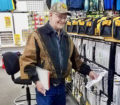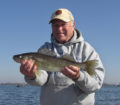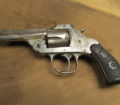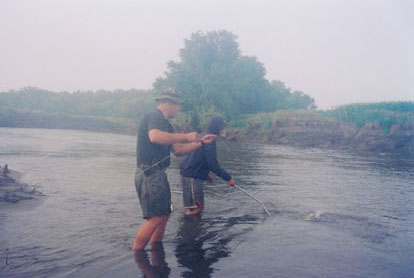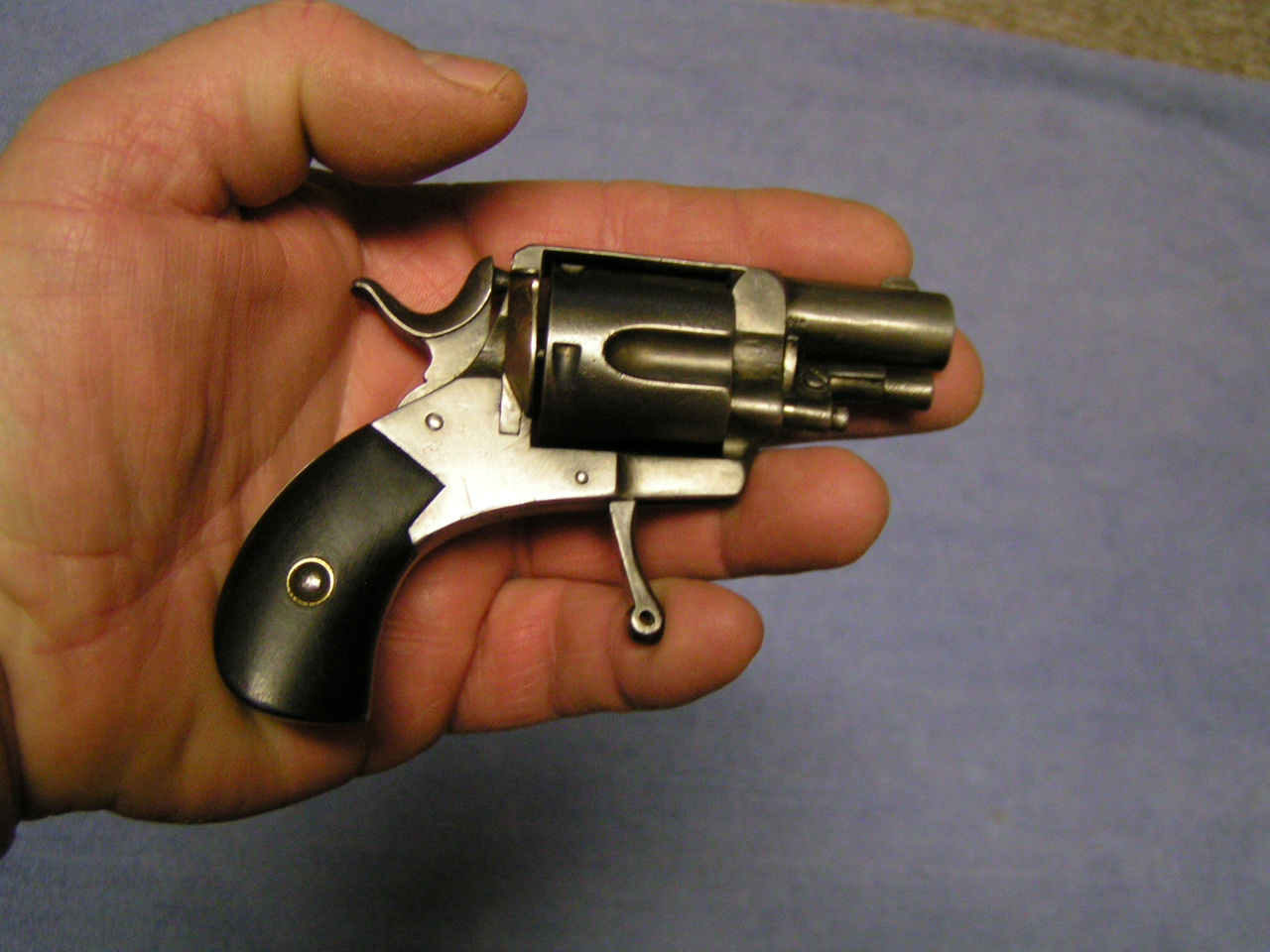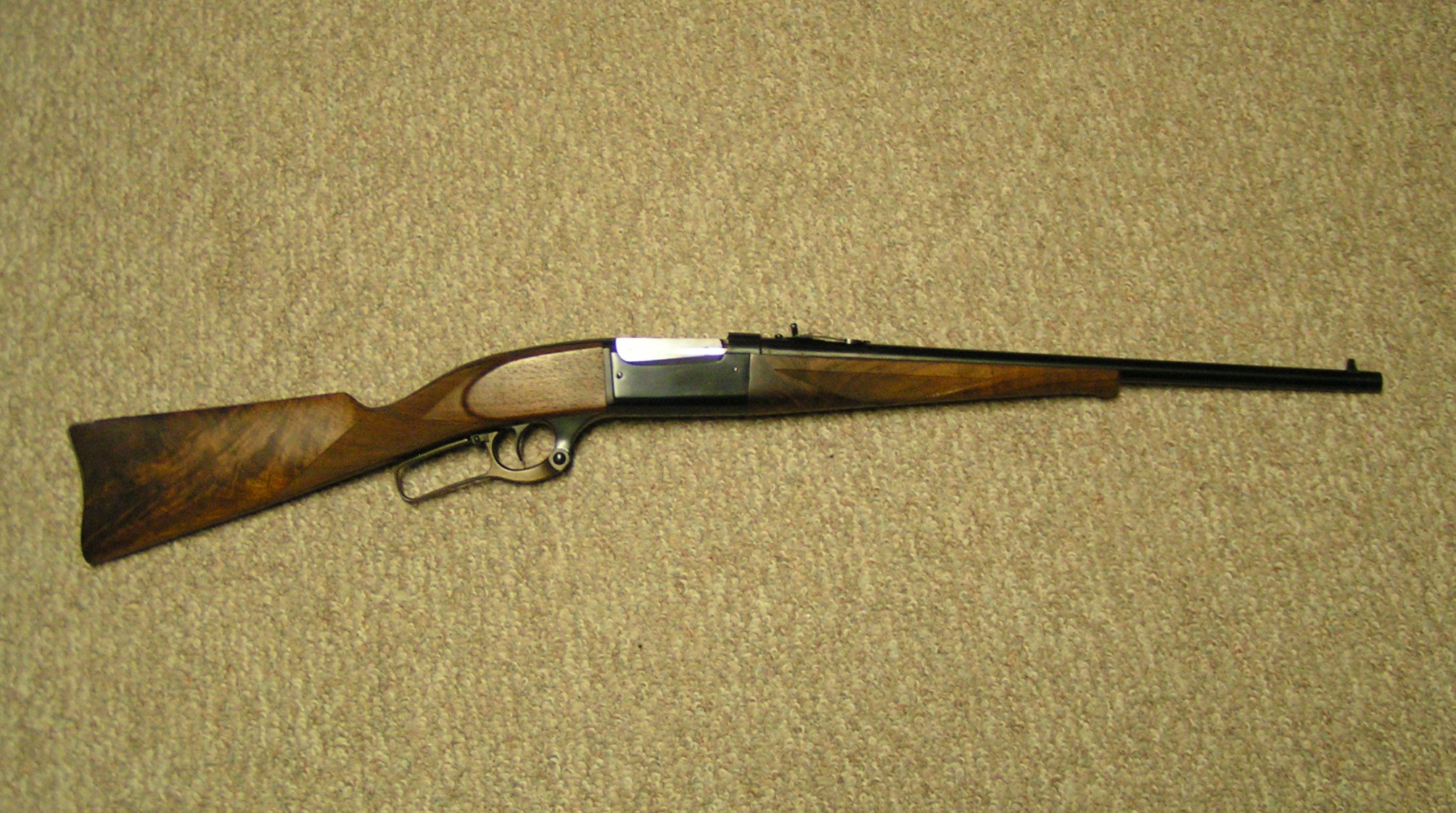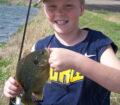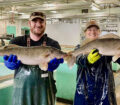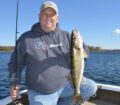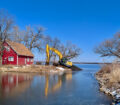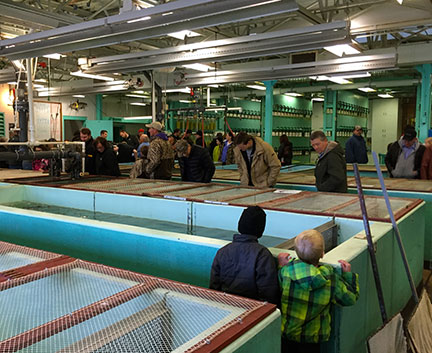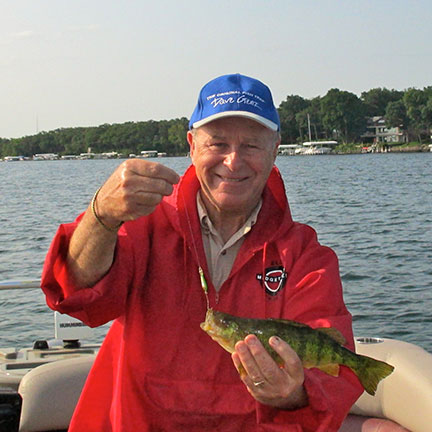By Steve Weisman
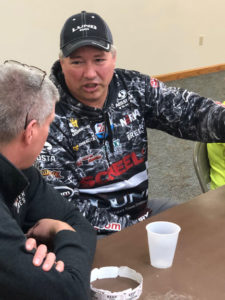 On February 22, the Iowa Great Lakes Fishing Club sponsored pro angler, guide and educator Johnnie Candle, who headquarters out of Devils Lake, ND for its spring fishing seminar at the Hap Kettleson Community Center in Everly. Nearly 150 people attended Candle’s seminar focusing on establishing the “Winning Game Plan” for greater fishing success.
On February 22, the Iowa Great Lakes Fishing Club sponsored pro angler, guide and educator Johnnie Candle, who headquarters out of Devils Lake, ND for its spring fishing seminar at the Hap Kettleson Community Center in Everly. Nearly 150 people attended Candle’s seminar focusing on establishing the “Winning Game Plan” for greater fishing success.
Candle gave great tips that can be used here on our local lakes, when we go on a fishing trip or if and when we might compete in a competitive fishing tournament. According to Candle, everything begins at home well before you head out on the water. “Unfortunately,” Candle notes, “lots of times anglers don’t really think about it until they are there. We need to take into consideration the weather conditions and whether things have been stable for several days, whether there is a cold front or post cold front. There are so many different things to think about.”
He then referred to Roland Martin, the Father of Pattern Fishing, “Realizing the set of conditions that put a fish in a specific spot. What are the conditions that put these fish in a certain area? The bottom line is that fish react to their conditions. When you find the fish, figure out why they are there.” Candle’s premise is this: when you get that figured out, you can then go to other places on that body of water where the conditions are similar, and you should be able to find fish. When you can do this, Candle notes that you are now doing more than just fishing spots.
Obviously, this is easier if you are fishing your home waters. You have a lot of fishing history and have learned the ins and outs. Anglers already have a game plan for that day based on past experiences, so as Candle says, the goal is that “by the time you leave for the lake you should feel like you have already been there.”
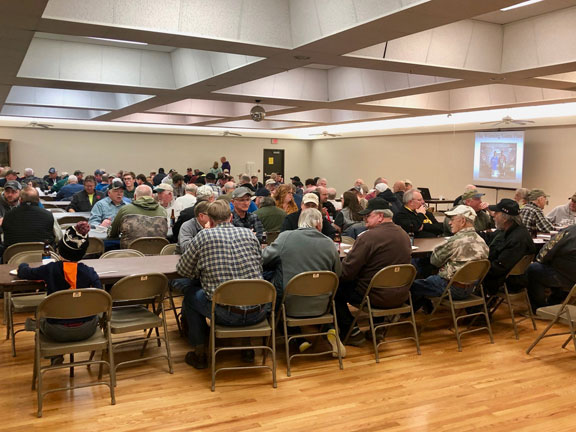
If you’re fishing new waters, then anglers have to gather a wealth of information if they want to get ahead of the learning curve. Whether you’re on a week-long trip to a new body of water or heading out for a tournament, you need to do your homework. If you don’t, there is a good chance that the trip won’t be what it could be. This is the way he prepares for new bodies of water:
- Start at home-Google can be your best friend. Check with the area department of fisheries and find out about the forage base, seasonal movements, health of the fishery, what to expect from a scientific viewpoint.
- Head to the baitshops and visit with them. They may not give a specific spot, but they will tell you what is going on. After all, they want to sell tackle and bait and want you to tell others about their baitshop. Check out archived fishing reports. Learn what the historical patterns are.
- Reach out to the local fishing club. The club can be an incredible network.
- Get maps of the body of water. Think of it as your notebook. You can actually look at spots on the map and begin to build your trip before you go. You can even establish waypoints before you go.
- Have your equipment ready before you go based on what you have learned in your research. By the time you leave, you should have a feel of the lake-almost like you have been there before.
- Script the spots you are going to try.
- Once on the water for the first time, avoid the urge to start fishing right away. Use your sonar and motor around the spots you thought you might fish, checking out the structure and looking for fish. Candle’s question is, “Why would you fish an area where there are no fish?
- Once you find the fish, the next step is to determine the presentation. Say you are looking for walleyes. Are the fish in a tight group? If so, consider using jigs and rigs. If they are scattered on a flat, then consider bouncers and spinners. If there are open water schools of fish, consider crankbaits and planer boards. If they are in the shallows near cover, consider casting jigs and crankbaits. To be successful, “Keep the bait in front of the fish as long as you can.”
- As the day wears on, keep an eye on the conditions. Make adjustments as the conditions change. Even the slightest change, say a change to cloudy from total sun can totally change the bite. Know when to move. That is always the toughest part. How long do you stay? Candle says, “That is the million-dollar question. What does your gut tell you what to do? When you’re fishing a tournament, that can mean the difference in the results.”
- Finally, after each trip, do a wrap-up. Figure out what worked and what didn’t. Keep a log. Candle says he has years and years of logs from bodies of water he has fished. “Track both your successes and failures.” The log makes a long learning curve that much shorter!
Candle ended his seminar by saying. “There are no accidents in fishing. Fish bite for a reason. Always pay attention to what caused a bite or why the fish weren’t there in a spot that you knew they should be.”
Above all, Candle believes, “Fishing is meant to be fun. I truly believe as fishermen we should pass it on. We need to help others become better anglers.”

